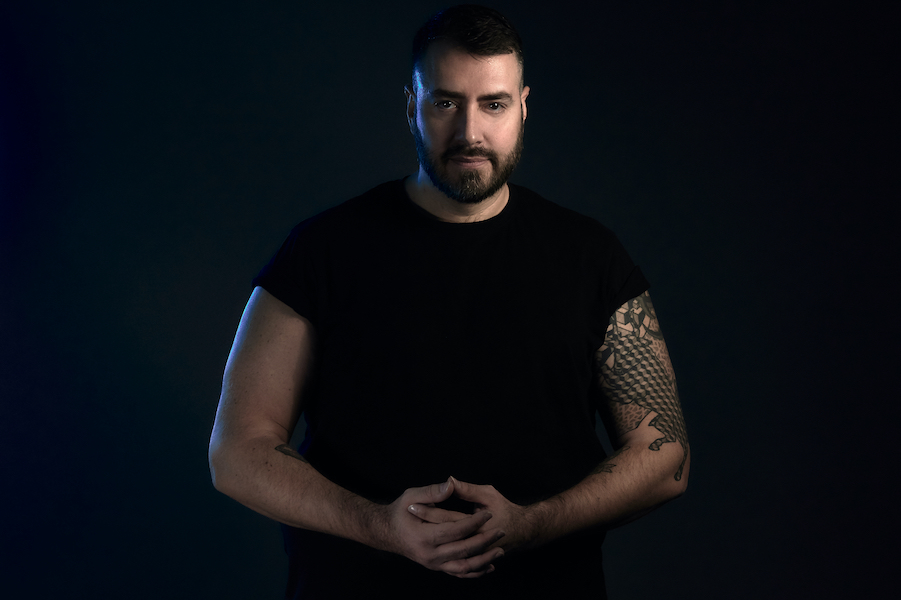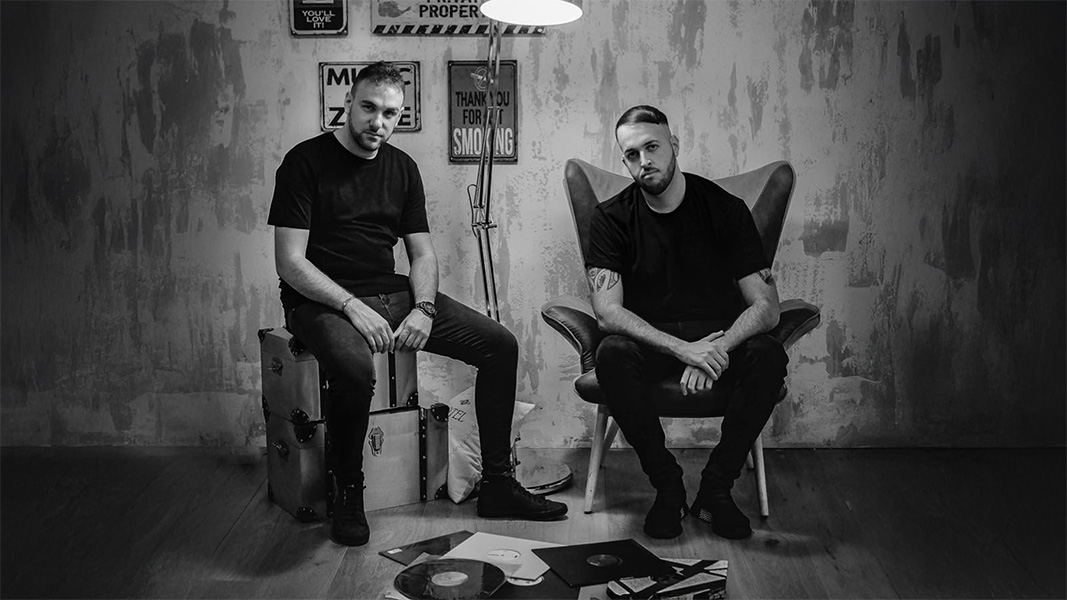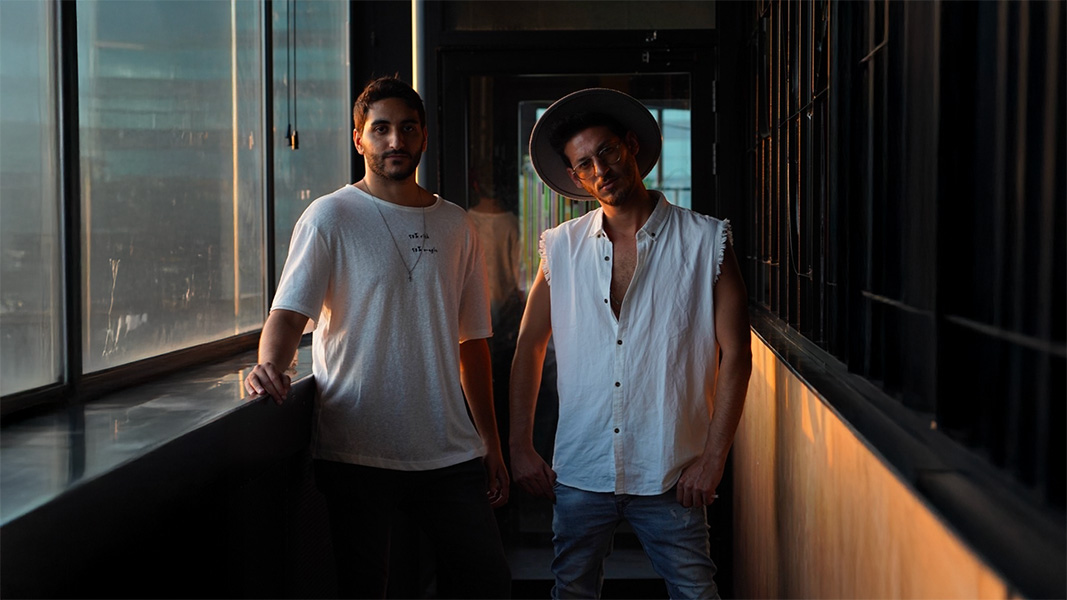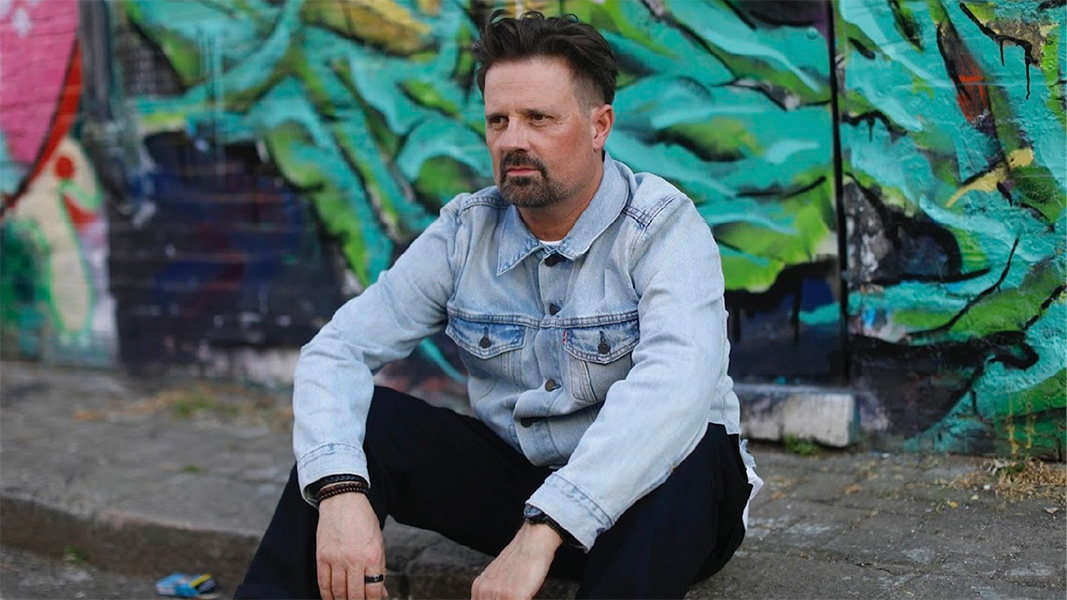UK-based Italian Pagano has a pretty serious CV. Playing a blend of Tech House, Techno and Progressive with his own reworks and edits of classics in good measure, Pagano has crafted a niche for himself that helped him becoming one of the most successful DJs and Producers to come out of the London club scene during the last decade.
As a producer, Pagano has completed a number of releases on many prestigious labels worldwide such as Mark Knight’s label Toolroom, Ministry Of Sound, Deeperfect, Nervous, Chus & Cellabalos’ label Stereo Productions and many others.
Through the years Pagano has also collected under his belt a series of high profile DJ residencies including London’s club EGG and the legendary TRADE and he has DJed at some of the most renown venues worldwide such as Amnesia, Space and Privilege in Ibiza, Ministry Of Sound and Fabric in London, Stereo in Montreal, The Brooklyn Mirage in New York.
WWD: Hey Pagano, welcome to When We Dip. Let’s start serious: We can’t avoid the huge impact coronavirus is having on the scene, so just briefly before we get into the music: how is it affecting you, and do you think there are any positives at all we can take from what looks like being a massively devastating outbreak on the industry in general. Do you think the industry will recover? And if so, what will have changed?
On the long term, the industry will certainly recover! I believe once a cure or a vaccine have been developed, the industry will bounce back stronger than before. People will want to enjoy music and let their hair down more than ever. The problem is that this scenario might be several months away…
WWD: Have you lost gigs as a result? And how are you going about trying to mitigate your loss of earning if so?
Obviously all of my gigs in the UK and around the world have been cancelled. I have lost gigs all the way until August already. I have some income still coming in from the sales and streaming of my music but I am basically unemployed. Oh, and refunds from airline tickets are an unexpected flow of cash back…
WWD: Ok, so onto more positive business. Tell us about your background and how long you’ve been making music?
I started mixing music in my bedroom at 14 with turntables and tapes and my first paid gig was at an afternoon school-disco event in my home town Catania in Sicily two years later. I released my first record on vinyl in the 90s through the Italian Saifam / Bomb distribution before landing releases on U.M.M. and on Mauro Picotto’s BXR and Nukleuz Italy. I went on to release music on a variety of labels including KULT in the USA, Chus & Ceballos label group Stereo Productions, Mark Knight’s Toolroom, UMEK’s 1605, Bitten, Unity and so many others. I have been in the business for around 25 years.
WWD: You were a Trade resident, and due to performing at Printworks in the summer. What are you memories of Trade?
I joined the Trade line-up towards the last few years of its Turnmills residency but I had being going as a clubber for such a long time. Playing the opening set on the main floor at the last ever Trade at Turnmills in March 2008 is one of those magic moments that will stay forever with me. Fifteen minutes into my set the floor was packed and heaving. I think there are a bunch of low quality videos shot during my set on early phone cameras uploaded on YouTube. The energy at Trade was always electric and sexy. Trade was really one of those experiences that went beyond music and clubbing. It was the coming together of a section of society that would find a space to feel free to be themselves without fear of being judged. Certainly one of the few safe spaces to explore your sexuality back then. The AIDS epidemic was decimating the LGBT+ scene and this reflected in the celebratory and hedonistic atmosphere of Trade.
WWD: Why do you think it became such a runaway success?
In terms of vibe, energy and innovation Trade was the original Berghain. Trade was the first ever legal gay Techno after-hour in Europe. It soon had 2 rooms of constantly evolving cutting-edge music and hedonism, with one room playing harder music and one room House music. If you wanted to listen to the coolest, new music you would go to Trade. Selection at the door was strict just as it is at Berghain, with a line stretching down the road towards Farmington station. It had some of the most talented resident DJs I have ever heard, most notably the legendary Tony De Vit. Every major name has DJed at Trade as a guest: from Danny Tenaglia to Nicole Moudaber and Nina Kraviz. But as I mentioned most of all Trade was a place were people could be themselves and the atmosphere was unmatched.
WWD: You now live in London, but are originally from Italy. Why did you decide to move here?
I moved to London 20 years ago to further my career as a DJ and in the music industry. Just as many DJs have been moving to Berlin during the last decade. London and Ibiza used to be the epicentres of European club culture in the 90s. I had been obsessing with the nightlife and with British music in general since I can remember: from The Clash to Depeche Mode, from Simple Minds to The Cure, Human League, Howard Jones, The Shamen, Fluke, 808 State… I could go on forever….
WWD: What are some of the biggest differences in the clubs scenes of the two countries?
Italy used to have a really vibrant clubbing scene. La Riviera Romagnola offered a solid alternative to Ibiza with many legendary clubs and events such as Cocorico or Mondays at Echoes. You could hear everyone from Cirillo (one of the original DC10 DJs) to Tony Humphries, or Italian icons like Mario Piu’ or Claudio Coccoluto. The main difference used to be that most Italian clubs were in the suburbs and you needed to drive to get there. You can imagine how this would penalise the experience from certain points of view. As a result nowadays the scene in Italy is struggling while in the UK is still thriving.
WWD: How would you personally describe the music you make?
My current sound is the result of the influence of the different styles that I’ve played throughout my career. I do not really try to fit in any current trend, I select tracks that I feel from different styles such as Tech House, Techno and Progressive House. There seems to be a constant need for labelling things, so I guess you could call it Hard House or Funky Techno or pumping Tech House. I just love every thing with a solid groove.
WWD: We’re loving your latest Toolroom single. Any specific inspiration behind it?
I wanted to do something with a summery vibe but still incorporating 90s rave stabs. With my collaborator and musician Massimo Paramour we played around with a few jazzy and latin ideas until we settled for the riff you hear in ‘Latin Tales’. Then I took the stems to the other studio I collaborate with and with James Hurr we polished the groove and mix down. James is a master at that…
WWD: Why do you think Toolroom have become such a powerhouse label?
It is undeniable that Mark Knight has done an incredible job signing and delivering years of solid, quality releases. The label has always had a strong identity but in recent times it is setting trends rather than following them. Its sound definitely has a British edge but the appeal is clearly international. I am so honoured to be a part of the Toolroom family…
WWD: Is suggested social distancing making your more creative in the studio?
Unfortunately the virus has taken a toll on my family and we’ve recently lost my beloved uncle Mario in Bergamo, one of the worst hit towns in Northern Italy. This meant that I wasn’t really in the most creative of moods during the past few weeks.
WWD: What else can we expect from you this year?
I have a series of new productions ready and a new collaboration EP with the legendary Techno duo Filterheadz soon to be released on the Japanese label Session Womb. My club night OFF London was supposed to happen on the first weekend in May at The Steel Yard with very special guest the amazing Gary Beck, we are going to certainly reschedule the event…
WWD: Thanks for your time!






